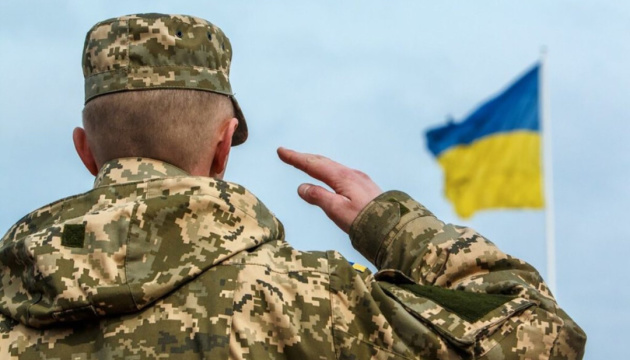Lawyer
Legal aspects of protecting the rights of orphans during the armed conflict
1. International legislation and protection of the rights of orphans
International legal norms are the basis for protecting the rights of orphans during armed conflict. Important documents in this context are the UN Convention on the Rights of the Child, the Geneva Conventions and their Optional Protocols. In accordance with Article 38 of the UN Convention on the Rights of the Child, member states undertake to take all possible measures to ensure the protection and care of children affected by armed conflict.
2. Consultation of a lawyer
In a situation of armed conflict, consulting a lawyer is the first step to ensure the proper protection of the rights of orphans. Lawyers can provide important information about the legal mechanisms available to protect children, help with the necessary documents and ensure communication with the relevant authorities and international organizations.
3. Analysis of documents
Protecting the rights of orphans during an armed conflict is impossible without careful analysis of documents. This includes the analysis of documents that
confirm the status of the child as an orphan, analysis of legal documents related to the legal status of the child, and documentation regulating the actions of state authorities in emergency situations. The legal analysis should also take into account international norms, in particular those related to the protection of human rights during armed conflicts.
4. Legal opinion
A legal opinion is an official document prepared by a lawyer based on the analysis of documents and legal norms. This conclusion can be used to justify the need to take certain measures to protect the rights of orphans. For example, the legal opinion may contain recommendations to grant the child the status of a refugee or an internally displaced person, which will provide him with additional protection and assistance.
5. Legal opinion of the lawyer
A lawyer's legal opinion, unlike a legal opinion, is more applied in nature. A lawyer, providing a legal opinion, analyzes a specific situation and makes recommendations on further actions. In the case of children orphaned during an armed conflict, a lawyer can help determine the child's legal representative, prepare documents for evacuation, and ensure the protection of the child's interests in court.
6. Internal legislation and administrative mechanisms
In addition to international norms, an important aspect is the internal legislation of the state. It is necessary to ensure that national laws meet international standards for the protection of children's rights. Administrative mechanisms must also be adapted to effectively respond to the needs of orphans during armed conflict. This includes the creation of special services for children left without parental care and the organization of temporary shelters.
7. The role of international organizations
International organizations such as the UN, UNICEF and the Red Cross play an important role in protecting the rights of children orphaned during armed conflicts. They can provide humanitarian aid, monitor violations of children's rights and promote their recovery. Cooperation with these organizations allows states to more effectively implement their obligations regarding the protection of children.

































